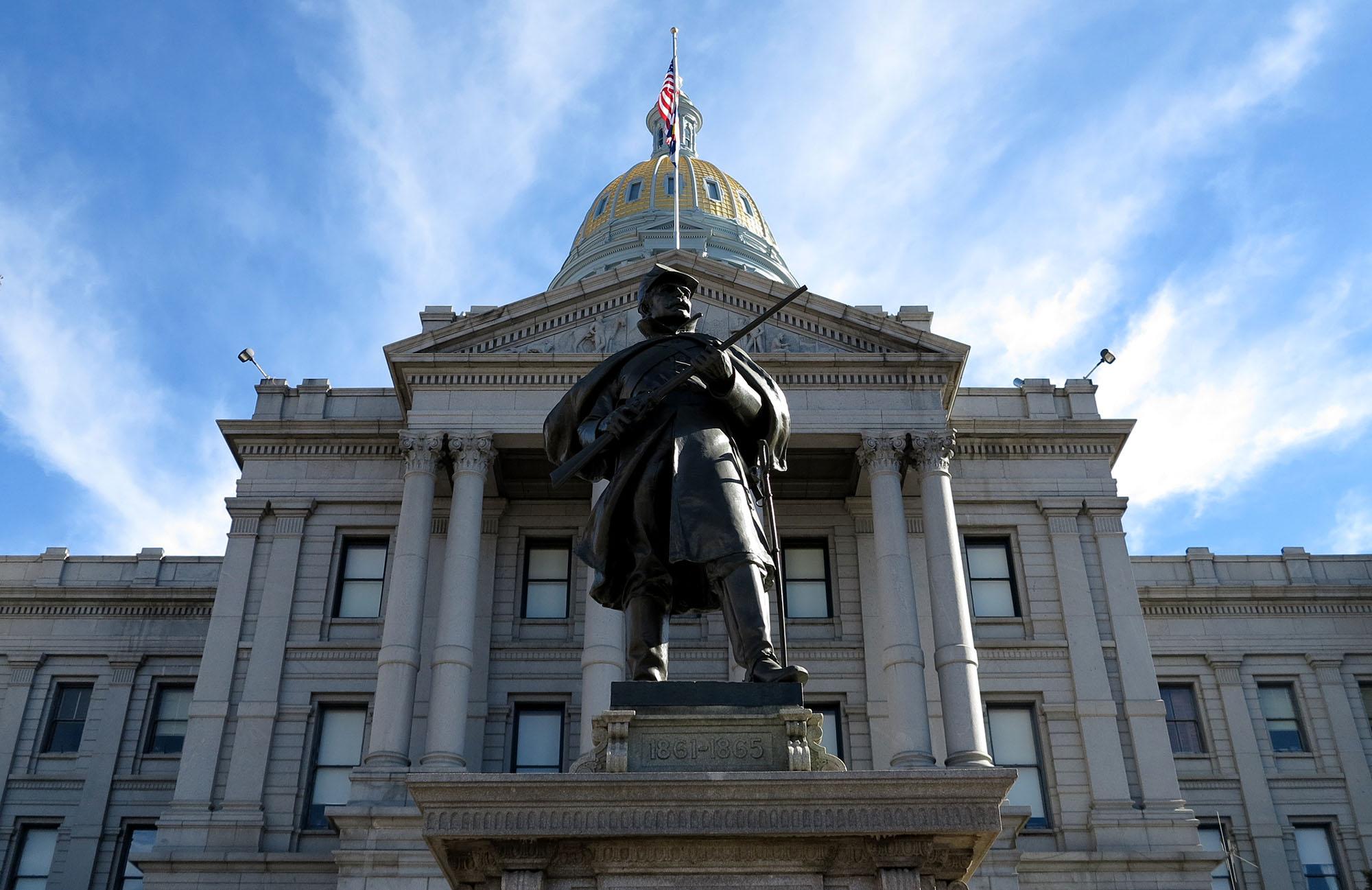
Colorado’s budget is in a bind next year – state revenues have increased enough to trigger taxpayer refunds and some new spending requirements. That has other state services – particularly education – facing cuts and under funding.
The Joint Budget Committee met Thursday to hear from Gov. John Hickenlooper about what he's proposing for next year's budget. It closes a projected shortfall by cutting $20 million from higher education and putting most state construction and maintenance projects on hold.
Hickenlooper and legislative Democrats think they've found a fix to avoid those austerity measures. They want to exempt a big pot of money called the Hospital Provider Fee from the spending caps imposed by the Taxpayers Bill of Rights. Reclassifying the fee would let the state keep money it would otherwise have to refund to taxpayers, eliminating cuts in next year’s budget.
“It forces the conversation about whether these cuts are palatable or not and if they’re not, then what are we going to do about it?” said Rep. Millie Hamner, D-Dillon, the new Budget Committee Chair.
The Hospital Provider Fee sits in the middle of a partisan minefield though, because Republican lawmakers consider it an unconstitutional tax. Earlier this year, a conservative group launched a lawsuit challenging the fee's legality in court.
Hospitals pay the fee to the state, which uses it to draw down federal matching funds. That money goes to cover more people on Medicaid, thereby saving hospitals from providing uncompensated care.
Last session Republicans opposed a similar effort to exclude the fee from TABOR limits. Sen. Kevin Grantham, R-Canon City, points out that change would eliminate tax refunds in coming years.
“There’s been no talk about how the taxpayers themselves will be shorted if they’re not given the refunds that they’re required to receive by the constitution,” Grantham said. "So it's taxpayers again versus the tax-spenders."
Colorado taxpayers are currently slated to get an average TABOR rebate of $51 apiece for next fiscal year. But that could change depending on what happens in the coming legislative session.









